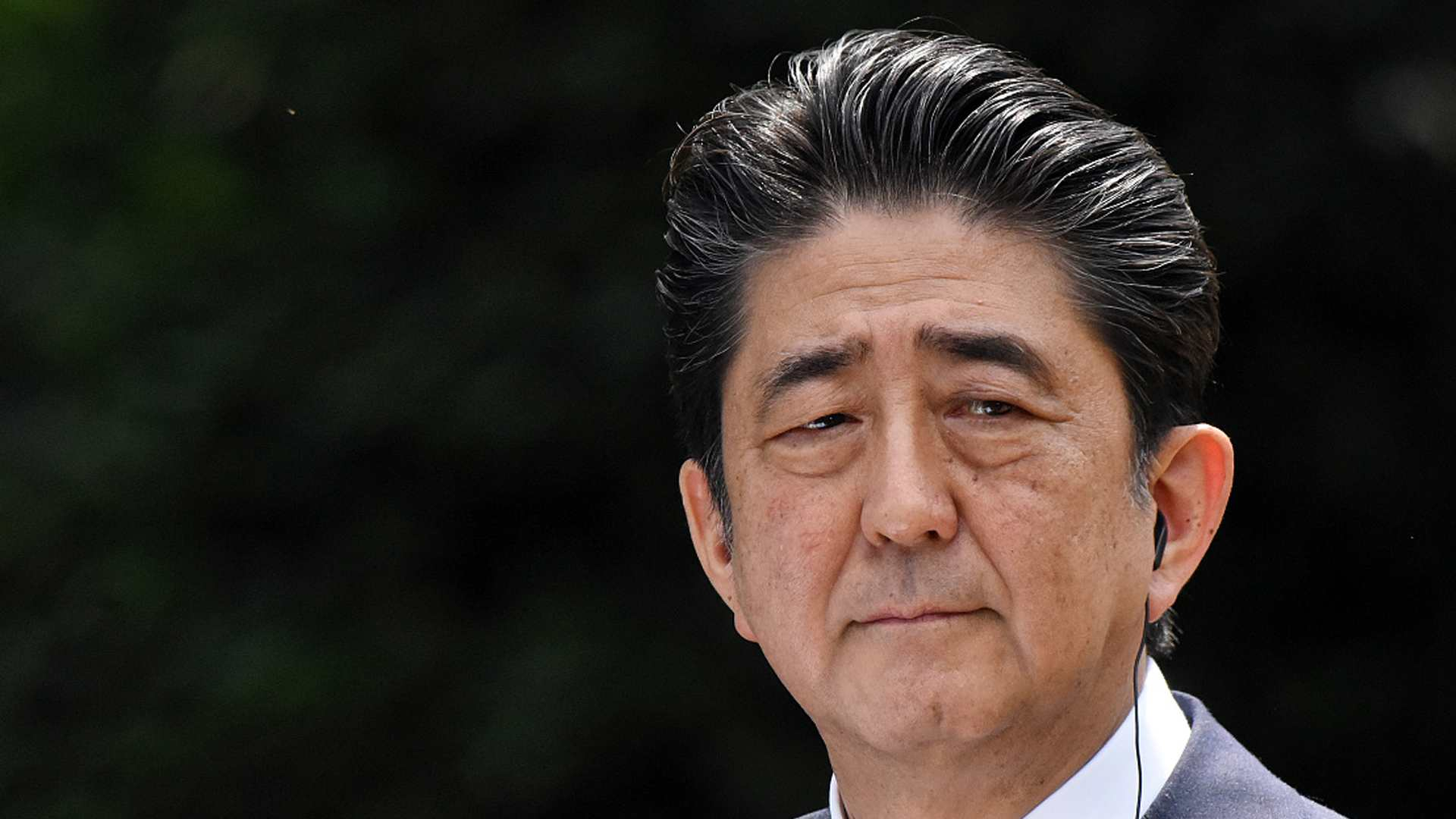
(Photo: CGTN)
Japanese Foreign Minister Tarō Kōno has kicked off his visit to China on April 13. In the eyes of the world, this will further contribute to Sino-Japanese relations. In fact, Japan's willingness to restore friendship with China in recent years is not new. It is generally believed that this is the result of the "Trump shock" from the United States.
Trump has implemented trade protectionism and adopted trade sanctions against many countries in the world, including Japan, since he came to power. Trade frictions continue to arise between Japan and the United States. Under such circumstances, Japan has increasingly shown an attitude of being independent from US influence.
Not long ago, the United States announced that Iran's "Revolutionary Guard" was listed as a terrorist organization. Foreign Minister Tarō Kōno said publicly at a press conference that Japan would not follow the United States on this issue. He stressed that Iran is extremely important for maintaining regional stability and suggested all parties deepen their exchange of views.
At the same time, Japan has continuously improved and strengthened its cooperation with China, especially in economy and trade. In the Regional Comprehensive Economic Partnership (RCEP) negotiations, Japan has shown a more positive attitude in recent years. Moreover, during his visit to China, Foreign Minister Kōno is also scheduled to co-chair the fifth China-Japan high-level economic dialogue with Chinese Foreign Minister Wang Yi.
According to Japanese media reports, Kōno's visit is also aimed at making preparations for the meeting between Chinese President Xi Jinping and his Japan Prime Minister Abe in the G20 summit that's scheduled in Osaka, Japan in June. It is worth noting that on March 20, due to health issues, Kōno suspended all official activities. After a brief five-day recovery, he resumed his work and paid a visit to China. This truly reflects Japan's sense of urgency when it comes to promoting economic and trade cooperation with China.
It seems that the "Trump shock" has resulted in Japan's foreign policy realignment which moves away from the United States and towards China to a certain extent. However, this does not mean that the basic principles of Japan's foreign policy have changed, right now it is still based on Japan-US alliance.
In fact, although Sino-Japanese relations have improved, there are still many issues remaining. Japan has always regarded a strong China as a threat to itself. Japan believes that it must rely on the strength of the United States to ensure its own national security. Therefore, while Japan is "friendly" towards China, it does not forget to show goodwill to the United States at the same time.
Earlier, Japan's Kyodo News reported that the Japanese and American governments were making plans for Prime Minister Abe's visit to the United States in late April. If this plan goes ahead, the Japanese and the American Heads of State will register a total of three exchange visits in a short period of about two months until late June.
At the same time, Japan has continued to play up to the United States by "creating trouble" for China. As a matter of fact, regarding the purpose of the trip, Foreign Minister Kōno once said at a press conference: "the world has concerns over China in terms of improving the business environment, protecting intellectual property rights and technology transfer. I will frankly exchange views with China on this." This remark is obviously meant for the United States which resonates with Japan's ban on Huawei and ZTE products with the US last year.
It can be seen that Japan is eager to "rekindle" its relationship with the US and its message has already received some response. Earlier, US President Trump said in his presidential economic report that he would push for a "free trade agreement" with Japan covering a wide range of areas.
In fact, it has almost become a tradition for Japan to adopt the principle of “parallel” that champions independence and showing goodwill at the same time. In the 1970s, after the Nixon shock, Japan continuously strengthened its "independent" stance towards the United States.
In the Fourth Middle East War in 1973 and in the Iranian Revolution in 1979, Japan went against the will of the United States and adopted a foreign policy friendly to Arab countries and Iran. However, at the same time, Japan has continuously stressed its alliance with the United States, even including the word "alliance" in the Japan-US joint statement for the first time in 1981. Japan intended to take advantage of the conflicts between the United States and other countries to alleviate the adverse effects of the "Nixon shock" and further deepen Japan-US relations.
Japan's current practice is exactly repeating what it has done before. Facing the "Trump shock," Japan tried to use the contradiction between China and the United States to its advantage and further strengthen the Japan-US relations. However, the international situation is not what it used to be. Japan used to have "deep pockets" back then, but now the US itself is mired in economic recession and decline while China has risen to become the world's second-largest economy. Japan can neither afford to lose the security protection of the United States nor the vast market of China, which means it has to tread carefully in the middle of a China-US "seesaw" Therefore, it seems Japan is up against an exhausting task of finding the right balance.


